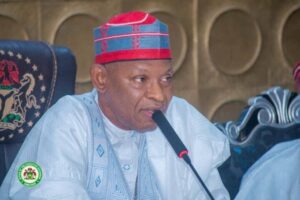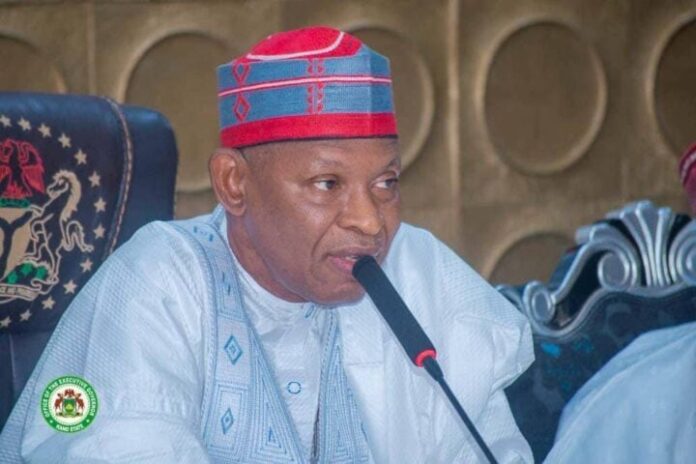In a dramatic move, the newly elected Governor of Kano State, Abba Yusuf, has signed into law the Emirates Council Bill 2024, which has effectively restored the emirate system in the state while downgrading the status of the emirs.

The new law reverses the dissolution of the three emirates – Rano, Karaye, and Gaya – that was carried out by the previous administration. However, instead of reinstating the emirs to their former first-class status, the new legislation has designated them as second-class emirs, subordinate to the Emir of Kano, Lamido Sanusi.
In a statement, the governor’s spokesperson, Sunusi Bature, emphasized the administration’s commitment to preserving the state’s traditional institutions and cultural heritage, stating that “this development underscores our unwavering commitment to preserving our traditional institutions and cultural heritage, recognising them as essential pillars of peace and heritage conservation.”
The new second-class emirates include Rano, with Rano as the headquarters and Bunkure and Kibiya local government areas under its domain; Karaye Emirate, with Karaye as the council headquarters and Rogo LGA as part of its domain; and Gaya Emirate, with its headquarters in Gaya and Ajingi and Albasu LGAs under its jurisdiction.
The governor has also promised to reveal the names of the new emirs who will lead these second-class emirates in the near future.
This move by the Kano State government comes after a prolonged crisis that erupted in the state following the previous administration’s decision to dissolve the emirate system and reinstate Lamido Sanusi as the sole Emir of Kano. The decision had led to legal battles and ongoing tensions in the state.
Political analysts believe that the restoration of the emirate system, albeit in a downgraded form, is a strategic move by the new administration to appease the traditional power brokers and address the lingering tensions in the state.
“By restoring the emirate system, the governor is likely trying to strike a balance between the traditional power structures and the need for administrative reforms,” said Amina Salihu, a political scientist at Bayero University, Kano.
However, the decision to downgrade the emirs to second-class status has raised concerns among some traditional leaders and their supporters, who view it as a diminution of their authority and influence.
“The emirs have always held a revered position in the state, and this move to relegate them to second-class status is seen by many as a blow to their prestige and the traditional power structure,” said Musa Bello, a local community leader.
Despite these concerns, the Kano State government has emphasized its commitment to preserving the traditional institutions and ensuring that the newly appointed emirs “diligently serve humanity” under the leadership of the Emir of Kano.
As the state navigates this delicate balance between tradition and reform, the coming months will be crucial in determining the long-term implications of the governor’s decision and its impact on the political and social dynamics of Kano State.




